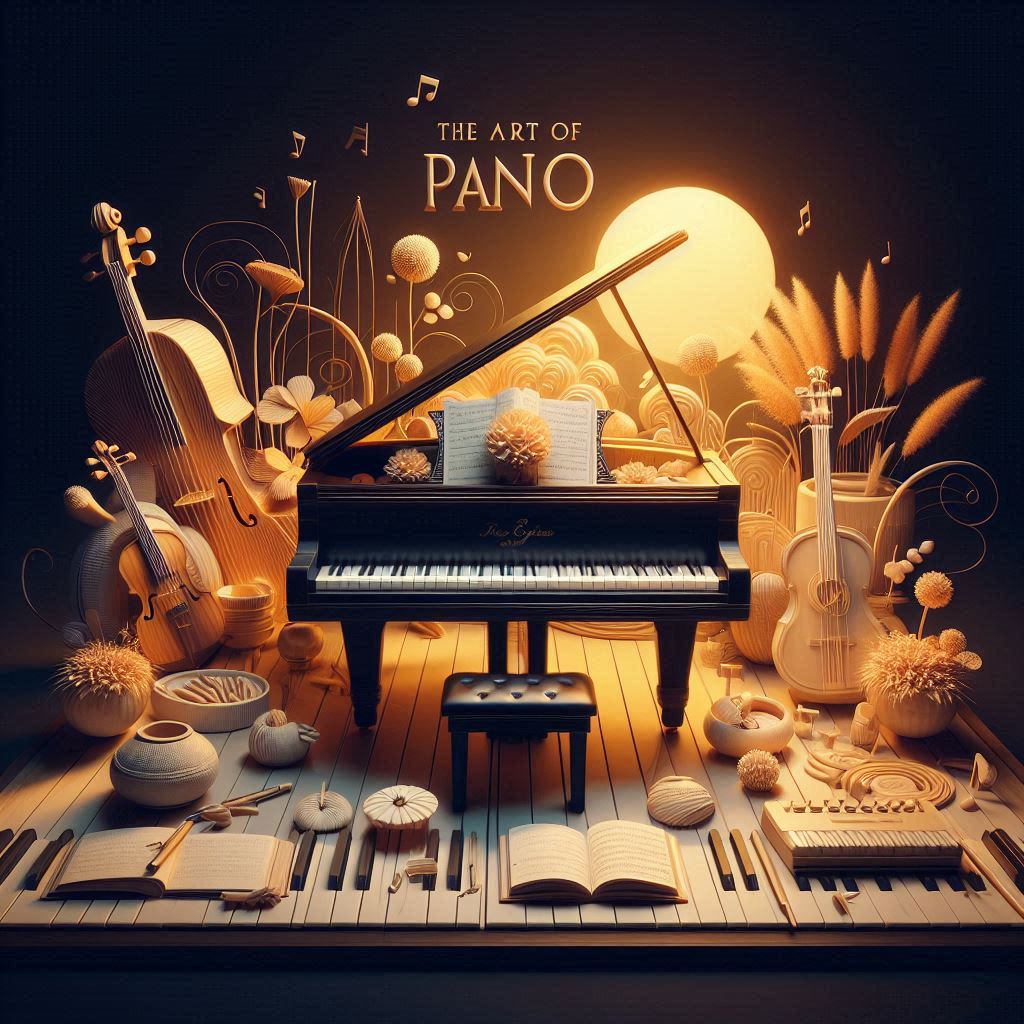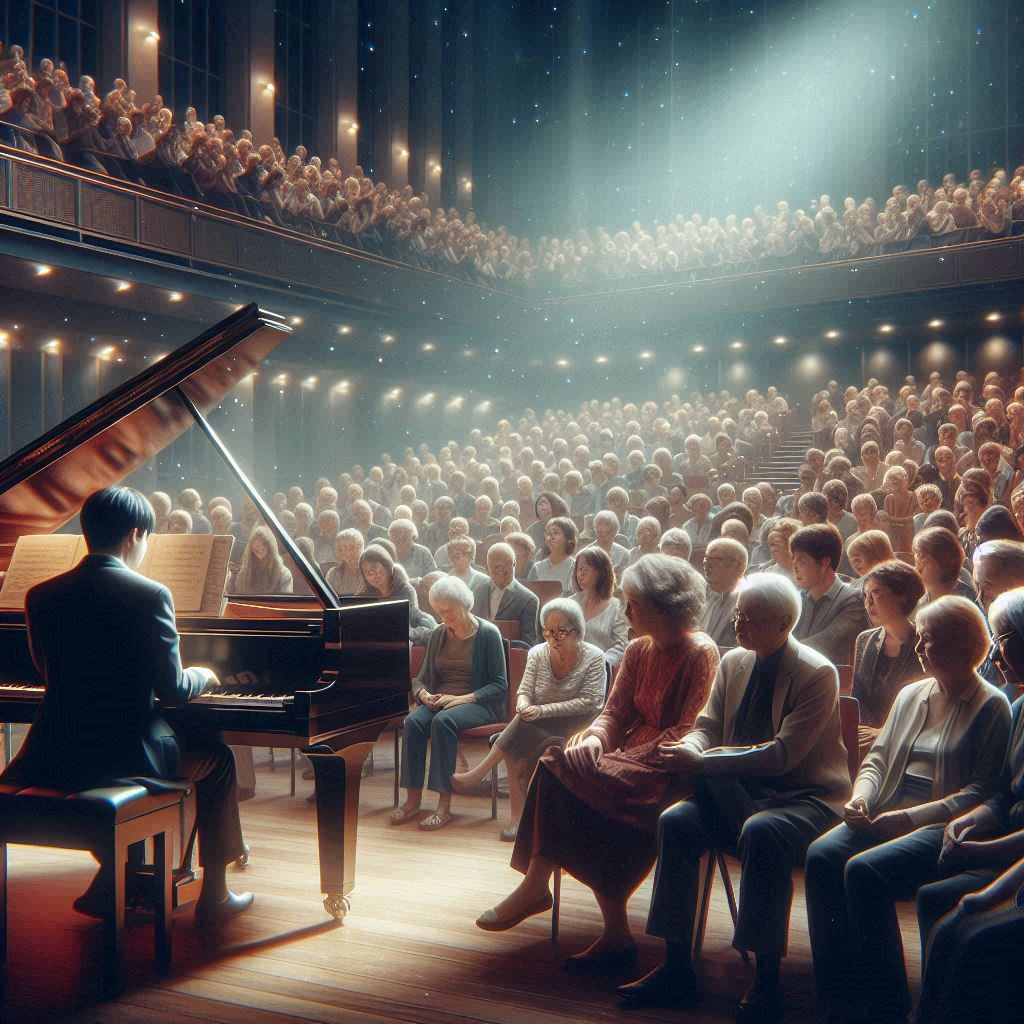Introduction
Playing the piano is a timeless art, blending technical skill with emotional depth. While classical music has its revered place, contemporary piano music offers a fresh and exciting avenue for pianists. This modern genre encompasses a wide range of styles and composers, bringing new challenges and rewards. In this article, we’ll delve into the benefits of playing contemporary piano music, exploring how it can enhance your musical journey and overall well-being.
Understanding Contemporary Piano Music
What is Contemporary Piano Music?
Contemporary piano music refers to compositions created in the late 20th and 21st centuries. It includes a variety of genres such as jazz, pop, rock, and experimental music, often characterized by innovative techniques and diverse influences.
The Evolution of Piano Music
Piano music has evolved significantly over the centuries, from the classical and romantic eras to the modern day. Contemporary music reflects this evolution, embracing new forms, harmonies, and rhythms.
Enhancing Creativity
Improvisation and Composition
Contemporary piano music often encourages improvisation, allowing pianists to explore their creativity. Composing your own pieces or improvising over existing ones can lead to a deeper understanding of music theory and personal expression.
Diverse Styles and Techniques
Playing contemporary music exposes pianists to a variety of styles and techniques, from minimalism to complex jazz chords. This diversity can inspire new ideas and broaden your musical horizons.
Cognitive Benefits
Improving Memory and Concentration
Learning and performing contemporary pieces can enhance memory and concentration. The complex structures and rhythms require focused practice, which in turn sharpens cognitive skills.
Problem-Solving Skills
Contemporary music often presents unique challenges, such as unconventional time signatures or intricate rhythms. Tackling these difficulties improves problem-solving abilities and critical thinking.
Emotional Expression
Expressing Modern Emotions
Contemporary music resonates with modern emotions and experiences. Playing these pieces allows musicians to express their feelings and connect with contemporary audiences.
Stress Relief
Engaging with music is a known stress reliever. The act of playing the piano, especially contemporary pieces with their often soothing and reflective qualities, can provide a therapeutic escape from daily stressors.
Technical Development
Advanced Techniques
Contemporary music often incorporates advanced techniques such as extended harmonies, polyrhythms, and unconventional scales. Mastering these elements can significantly enhance your technical skills.
Dynamic Range and Articulation
Modern compositions frequently explore a wide dynamic range and varied articulation. Practicing these aspects improves your overall control and expressiveness on the piano.
Social and Cultural Engagement
Connecting with Modern Audiences
Playing contemporary music helps you connect with modern audiences who may find classical music less relatable. This can open up opportunities for performances and collaborations.
Cultural Relevance
Contemporary music often reflects current cultural trends and issues. Engaging with these pieces keeps you culturally relevant and informed.
Building a Diverse Repertoire
Expanding Your Musical Library
Including contemporary pieces in your repertoire expands your musical library, making you a more versatile and adaptable pianist.
Versatility in Performance
A diverse repertoire allows you to tailor your performances to different audiences and settings, enhancing your appeal as a musician.
Learning from Contemporary Composers
Studying Modern Composers
Studying the works of contemporary composers provides insight into modern compositional techniques and philosophies, enriching your understanding of music.
Composer-Pianist Collaboration
Contemporary music offers opportunities for collaboration with living composers, allowing for direct interaction and feedback that can deepen your musical insight.
FAQs
What is contemporary piano music? Contemporary piano music refers to compositions from the late 20th century to the present, encompassing various genres and innovative techniques.
How does playing contemporary music enhance creativity? It encourages improvisation and composition, exposing pianists to diverse styles and techniques that inspire new ideas.
Can contemporary music improve cognitive skills? Yes, learning complex structures and rhythms enhances memory, concentration, and problem-solving skills.
How does contemporary music help with emotional expression? It resonates with modern emotions and experiences, providing a medium for expressing feelings and connecting with contemporary audiences.
What technical benefits does contemporary music offer? It incorporates advanced techniques like extended harmonies and polyrhythms, improving technical skills and dynamic control.
Why is it important to include contemporary music in a repertoire? A diverse repertoire enhances versatility, allowing pianists to tailor performances to different audiences and settings.
Conclusion
The benefits of playing contemporary piano music are vast, from enhancing creativity and cognitive skills to offering new avenues for emotional expression and technical development. Embracing this modern genre can enrich your musical journey, making you a more versatile and expressive pianist. Whether you’re an aspiring musician or an experienced player, exploring contemporary piano music is a rewarding endeavor that can transform your approach to the piano and music as a whole.



